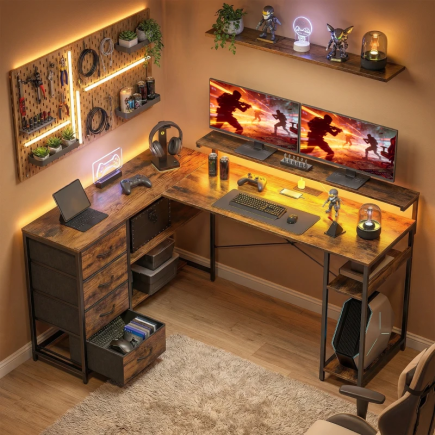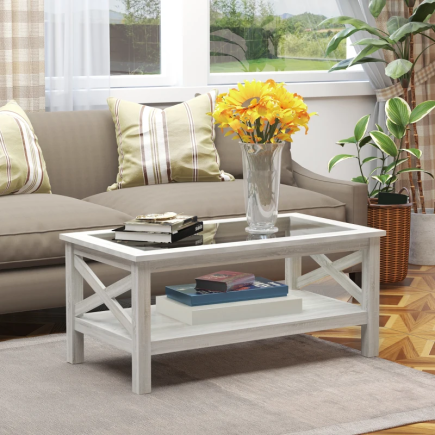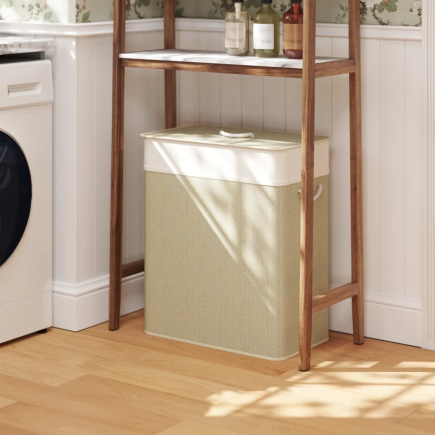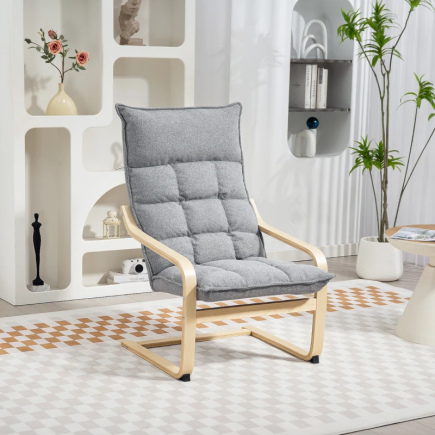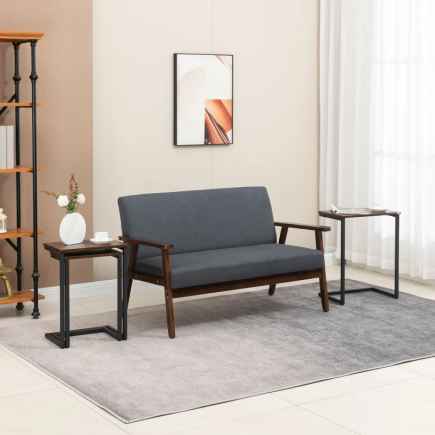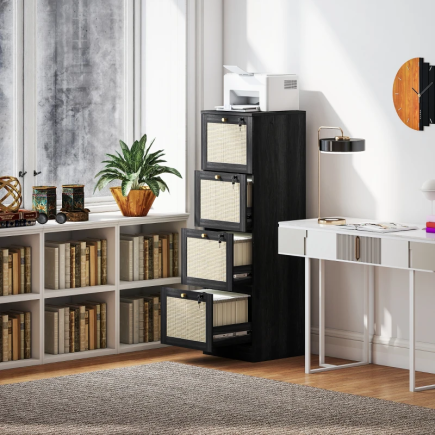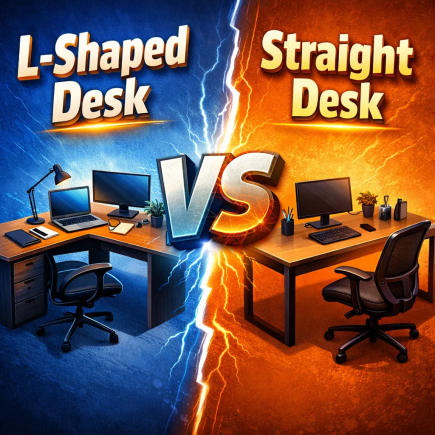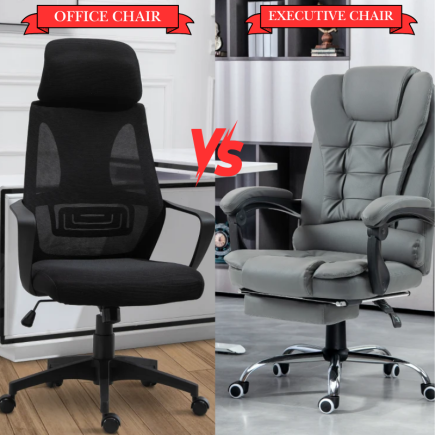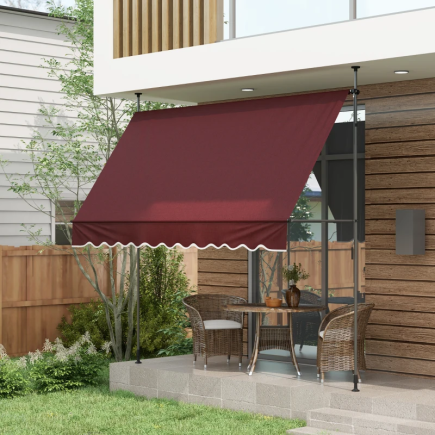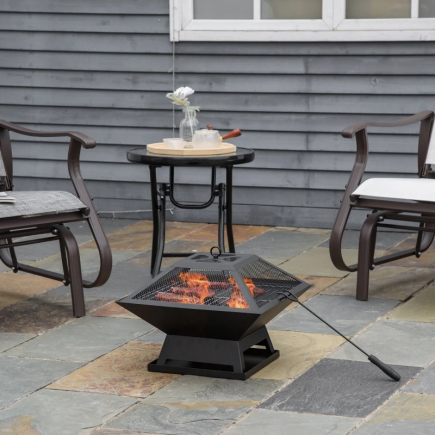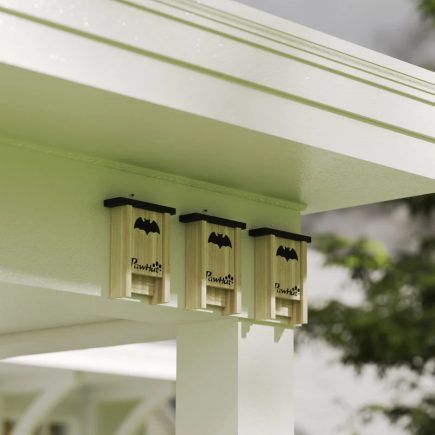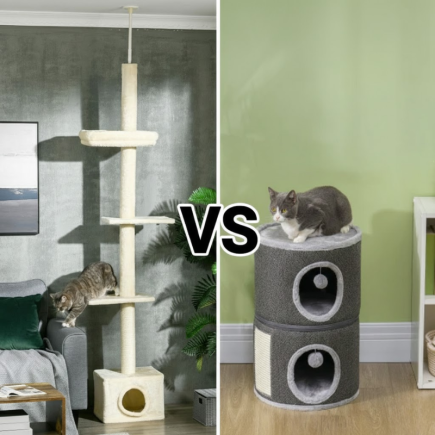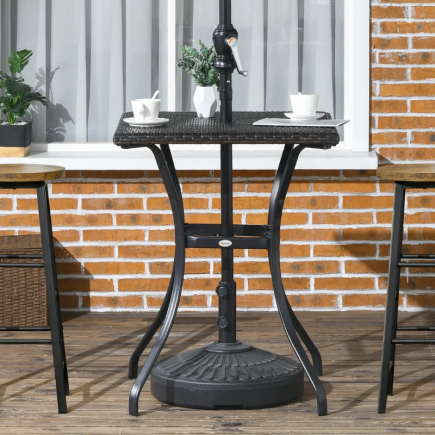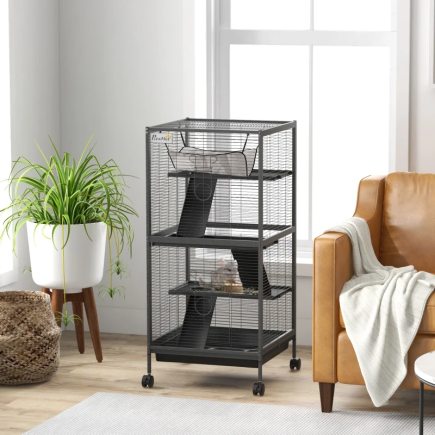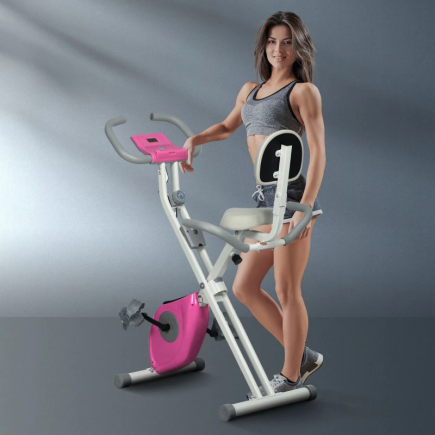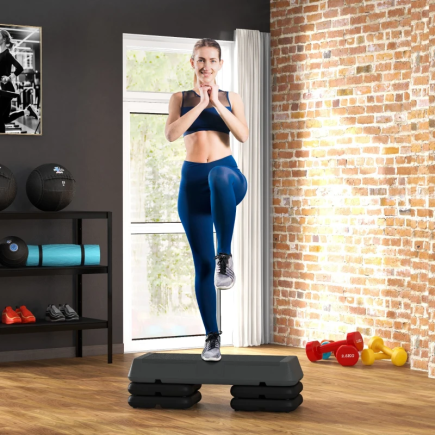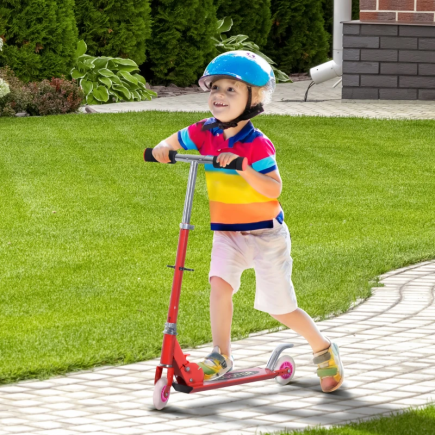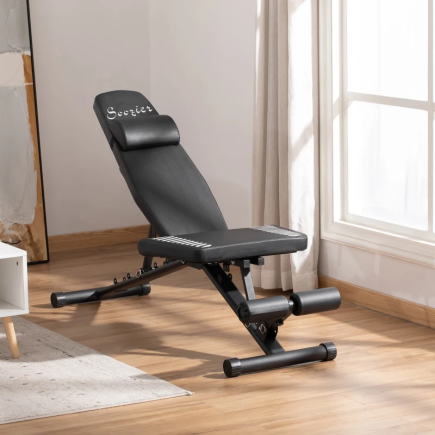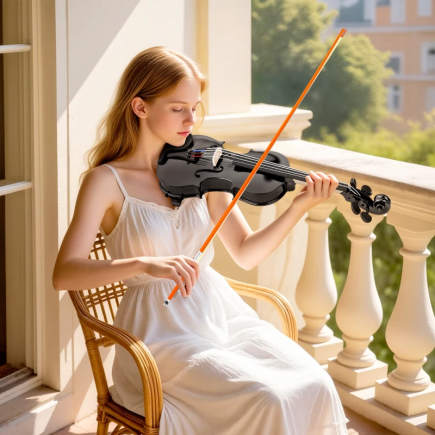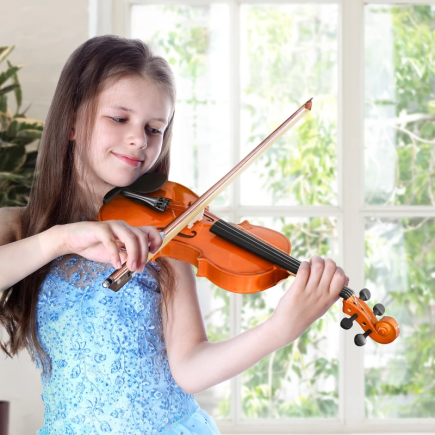
When it comes to piano playing, one often overlooked element is the seating choice. The right seat can make a world of difference in comfort, posture, and performance. While it may seem like any chair could do, piano benches are designed specifically for the needs of pianists. In this article, we will compare piano benches to regular chairs, focusing on the practical differences and how they affect your playing.
1. Key Differences Between a Piano Bench and a Regular Chair

Understanding the basic differences between a piano bench and a regular chair is the first step in making the right choice for your practice sessions. Here’s a breakdown of the main distinctions:
Piano Bench: Purpose,Built for Pianists
A piano bench is engineered to support the needs of pianists. It provides adjustable height to ensure that the pianist sits at the optimal position relative to the keyboard, helping to maintain proper posture during long hours of playing.
- Height Adjustability: This is a crucial feature for pianists, as the height of the seat directly affects the position of the arms and hands in relation to the keyboard.
- Stability and Comfort: Piano benches are built to be stable and provide the necessary support for prolonged sitting, often with padded seats to improve comfort.
Regular Chair: General,Purpose Seating
Chairs, however, are designed for general use and not tailored to the specific requirements of piano playing. While they may seem comfortable, they fall short in key areas for pianists:
- Fixed Height: Most chairs lack the ability to adjust their height, which can make it difficult to maintain the proper playing posture.
- Limited Stability: Chairs are not necessarily built to withstand the movements and shifts that occur when playing the piano, making them less stable than a dedicated piano bench.
2. Posture and Ergonomics: Why the Right Seat Matters

Good posture is essential for both comfort and performance. The right seat,whether a bench or a chair,affects your ability to play efficiently.
The Role of Height Adjustment
The key to maintaining a proper posture while playing the piano is ensuring your arms are positioned correctly. Sitting at the right height allows your arms to hover comfortably over the keyboard, preventing strain on your shoulders and wrists. A piano bench typically offers this adjustability, which is often not present in regular chairs.
Comfort During Long Practice Sessions
If you plan to practice for extended periods, comfort becomes a key factor. Piano benches, often padded, are designed to support you through long sessions without causing discomfort or fatigue. In contrast, regular chairs may not provide the same level of support for your back or legs.
3. Limitations of Using a Regular Chair for Piano Playing

While it’s possible to use a regular chair, there are several reasons why it may not be the best choice for serious piano playing:
Fixed Height and Lack of Adjustability
Regular chairs typically come with a fixed seat height, which may not allow you to align yourself properly with the piano. Being too high or low can lead to poor posture, affecting your ability to play fluidly and with proper technique.
Restricted Movement
The backrest and armrests on many chairs may limit your freedom of movement. Piano playing requires fluid motions from side to side, especially when moving from one end of the keyboard to the other. A chair with a backrest can restrict this range of motion, making it harder to move freely.
Instability During Play
Chairs are often not designed for the shifts in weight and movement that occur when playing the piano. A regular chair may slide or tip over if not properly stabilized, leading to potential distractions and discomfort during practice.
4. Why a Piano Bench is the Superior Choice

Stability and Freedom of Movement
Unlike regular chairs, piano benches are specifically designed to allow the pianist to move freely while maintaining stability. This is crucial when playing, as you need to shift your weight from one side to the other without worrying about tipping or slipping.
Designed for Long Practice Sessions
Piano benches are made to offer comfort and support for extended periods. Their padded seats help reduce pressure points, while their ergonomic design ensures that you can practice for hours without discomfort or strain.
A Quick Look at the Right Seating for Piano Playing
While the differences between a piano bench and a regular chair may seem subtle, they can have a significant impact on your playing experience. Here’s a quick summary:
- Piano Bench: Offers adjustable height, stability, comfort, and freedom of movement key elements that enhance posture, comfort, and overall performance.
- Regular Chair: Generally lacks height adjustability, may limit movement, and can lead to discomfort during long practice sessions
Find the Right Seat for Better Piano Playing
The seating choice between a Piano Bench and a regular chair is more than just a preference; it’s about ensuring the right posture, comfort, and performance. While a regular chair may serve as a temporary solution, a proper piano bench will enhance your playing experience and help you avoid discomfort or strain during long sessions. The right seat is an investment in both your comfort and your playing ability.
FAQs
1. Can I use any chair for playing the piano?
While it’s possible, using a regular chair may lead to discomfort and poor posture. It’s best to use a seat that can adjust in height and offer more stability, such as a piano bench.
2. Why is height adjustability important for piano players?
Height adjustability ensures that your arms and wrists are aligned with the keyboard, helping you maintain good posture and reduce the risk of strain or injury.
3. Can a piano bench help with long term comfort?
Yes, a properly padded and adjustable piano bench can provide much-needed comfort during long practice sessions, preventing fatigue and discomfort.
4. What are the main disadvantages of using a regular chair?
Regular chairs are often too low or too high for piano playing, limiting your ability to maintain a comfortable posture. They may also lack stability and restrict your movement during play.
5. How do I know if I need a piano bench?
If you are serious about piano playing and plan to practice for extended periods, a piano bench is the best option. It provides the necessary support, comfort, and adjustability that a regular chair simply can’t offer.

